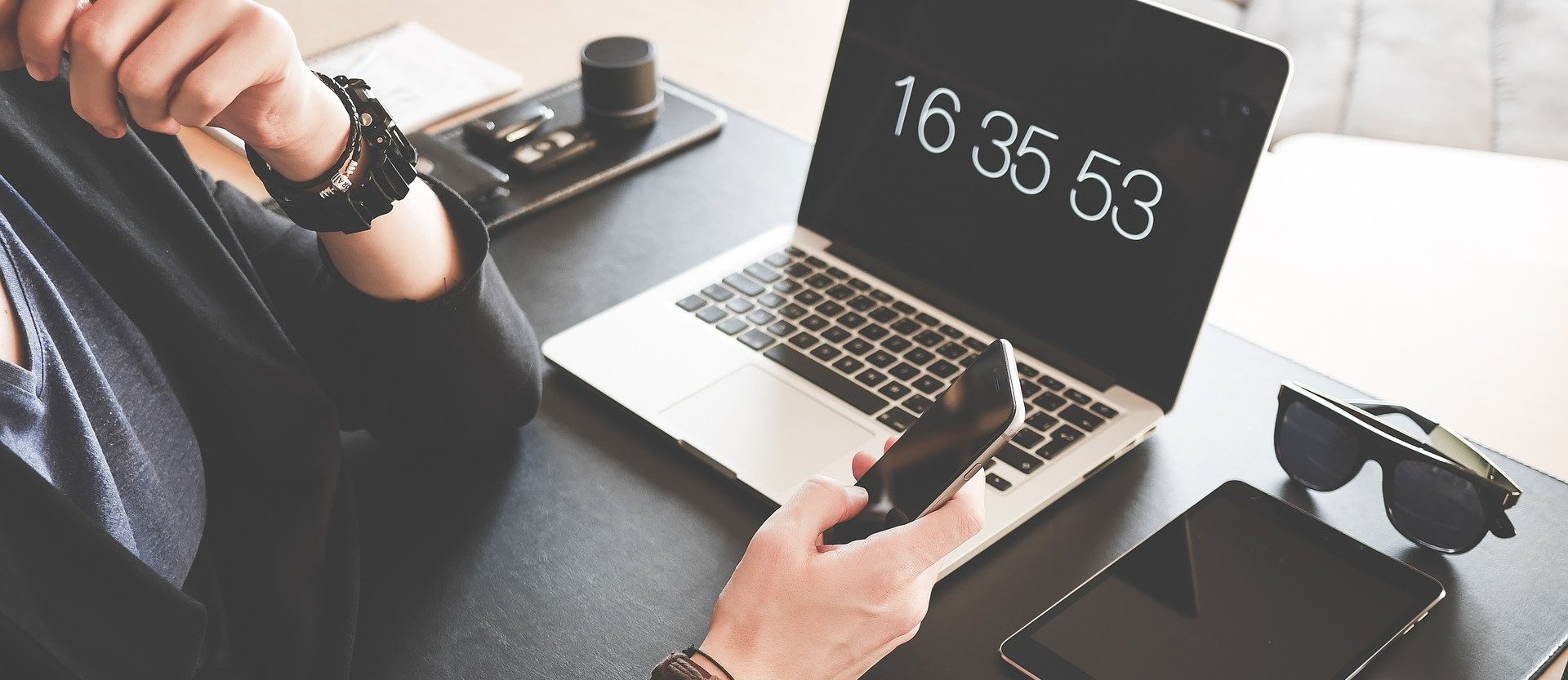Working from home
Posted on 15th November 2020 at 15:50
With more people working from home due to the Covid 19 pandemic making sure you have a good home office set up can be very beneficial.
The Charity Versus Arthritis have completed a survey on the increased incidence of musculoskeletal pain resulting from a home office set up. They have found 81% of office workers have experienced some sort of musculoskeletal pain, 23% reporting that their pain troubles them often or most of the time. Lumbar pain is the most common complaint.
In addition to poor home office set up, musculoskeletal problems can also be compounded by a reduction in activity. In the survey 50% of respondents report being less active due to the Lockdown. Only 1 in 3 workers reported having a dedicated workspace at home.
Bupa UK Insurance have also found similar problems with working from home and reported that -
11% of home workers sought medical help, the majority resorting to over the counter painkillers, massages or ice baths.
28% have done nothing to relieve their symptoms, causing unnecessary longer term discomfort.
42% of those surveyed intend to continue working from home when social distancing rules are relaxed.
As it appears that home working is becoming the new normal, here are a few tips to relieve some load from your musculoskeletal system when setting up your home workstation :
Sitting
Sit in an upright position with your shoulders back and neck upright, your chin should be at a 90 degree angle to your neck. Adjust your chair accordingly so your lumbar spine is supported and feet should be flat on the floor or supported by a footrest .There are many different chairs but they do need to be adjusted to suit your individual posture
Desk Height
You should be able to pull your chair in without knocking your knees into furniture, maybe the armrests need to be removed! You should also be able to sit with your elbows angled at 90 degrees or slightly greater .
Screen
The top line of text should be eye level.A very common cause of neck/shoulder pain is leaning forward to see the screen so it needs to be a comfortable distance away to avoid this and eyestrain.
Rule of thumb is about an arms length.
Laptop
Ideally this should be eye level and there are various risers available to accomodate this. With this an extra keyboard is needed to maintain a good posture.
Keyboard
This should be placed so that the elbows are at 90 degrees, and you have a neutral wrist and finger position. If the wrists are extended for too long this can cause neural impingements and /or overuse injuries.
Telephone
If you have prolonged calls ideally put it on speaker or get a headset.
Lighting
This needs to be comfortable , not too bright or dark to avoid eyestrain.
Activity
This has all round benefits
Ideally get up at least once an hour to increase physical activity.It is recommended some form of exercise is done 3 times a week for at least 30 mins eg walking, online classes , gym , yoga etc however the more activity you can fit in the greater the benefits will be for your physical and mental well-being.
Take regular breaks, do a videocall standing to change the load on your MSK system
Up down or adjustable desks can be a great way of varying your position through the day.
Seek treatment as early as possible
The Data for Impact study which Colchester Physiotherapy and Sports Injury Clinic contributes to showed that from analysis of 54,290 patients, the percentage of patients that were successfully discharged following treatment was significantly greater in those who experienced their symptoms for six weeks or less before commencing treatment [(67.4%) compared with patients who had experienced their symptoms more than six weeks (57.7%) p < 0.01)]
Early diagnosis and treatment can reduce the effect of long term issues with the musculoskeletal system. If you have had any musculoskeletal problems since working at home then please contact us and we will be happy to assist you in getting better.
Author
Jane Marr

Jane qualified as a Physio in 1992 and then undertook an MSc in Neuromusculoskelatal Physiotherapy and is a member of the Manipulative Association of Chartered Physiotherapy.
She has worked in London, initially for the NHS, then in house at Marks and Spencer and Allen and Overy, and in private clinics treating elite rowers. She enjoys helping clients with complex pain pathology and functional rehab.
Outside work she enjoys swimming and sailing.
Tagged as: colchester, Colchester physiotherapy and sports injury clinic, home office set up, physioreallyhelps, physiotherapist, posture
Share this post:







